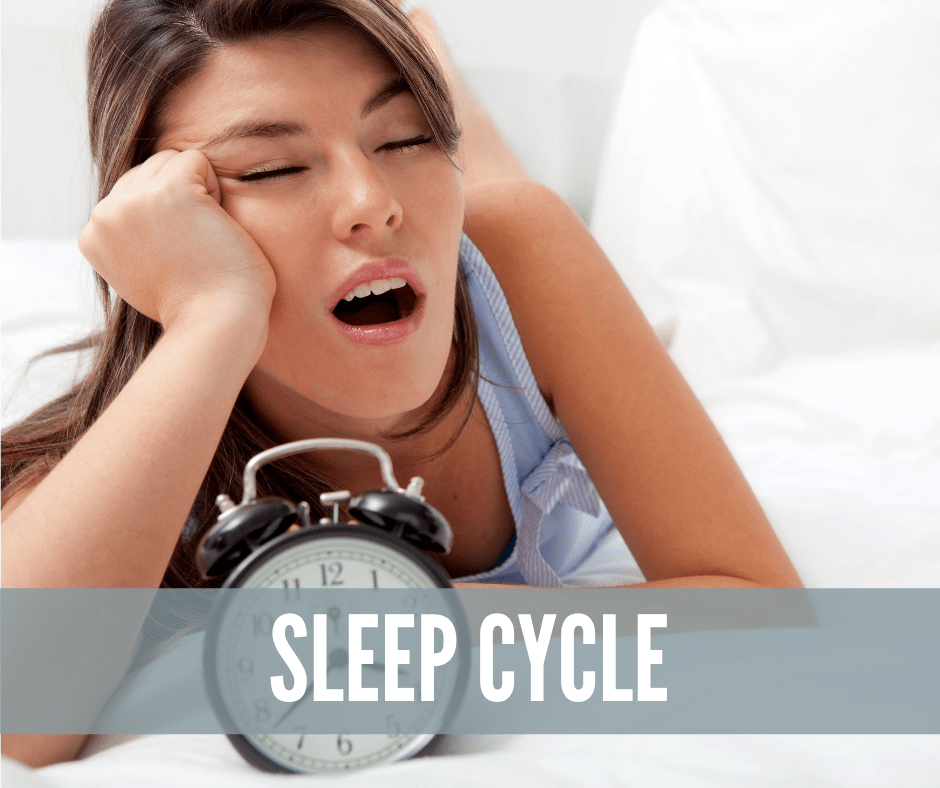
According to world-renowned sleep expert Dr. Russell G. Foster, if you are an average person 36 percent of your life will be spent sleeping. Based on time and direct influence on health, sleeping may be the single biggest component of overall well-being, yet of all healthy lifestyle behaviors, it has traditionally received the least attention. With modern research has come an increased understanding of what happens when we sleep and its importance, along with new methods of addressing this pervasive issue.
During our long period of rest, we cycle through four stages of non-rapid eye movement (NREM) sleep, followed by a single stage of rapid eye movement (REM) sleep. During the NREM cycles, your body is hard at work restoring cells; building and rebuilding muscle tissue; working on organ, bone, and immune system health; and transferring information to the cerebral cortex to form new connections and memories. The ensuing REM stage focuses on mental restoration: sorting memory and creating space in the brain for the next wave of new connections.
While the National Institutes of Health suggest the average adult sleeps less than 7 hours per night, 7.5–9 hours are required to fully go through the NREM-REM cycles and effectively restore your body and mind. Along with the accumulating daily fatigue, sleep deprivation negatively impacts the function of your immune system, inhibiting its ability to fight off infection.
A lack of sleep puts your endocrine system on a roller coaster, negatively influencing vital signs such as heart rate, blood pressure, and blood sugar levels, increasing risk for countless health conditions. It can even increase hunger and decrease food satisfaction. Sleep has direct effects on the proper function of all your body systems and getting into a perpetual cycle of disturbed sleep has real health consequences.
QUESTION – HOW MANY HOURS OF SLEEP DO YOU USUALLY GET PER NIGHT?